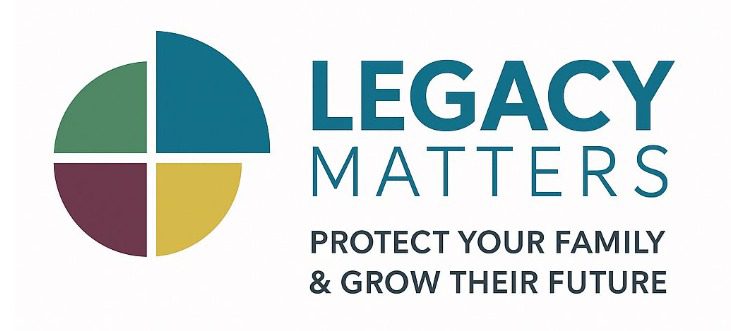Insurance company NFU Mutual recently analysed HM Revenue & Customs receipts, finding that the average Inheritance Tax bill for the year 2018/19 was £199,000.
The standard Inheritance Tax rate is currently 40 per cent, which can result in a substantial bill for many estates. By taking tax planning action in advance, it is possible to legitimately reduce the amount payable.
The Inheritance Tax threshold
The executor is tasked with finalising all administrative matters, to include collecting in and valuing assets, accounting for tax, preparing estate accounts and distributing the estate to the named beneficiaries.
The job can take many months and involve extensive paperwork, particularly when an estate is sizeable or complicated. If there is a property to be sold, this can be particularly time-consuming as it will need to be cleared and marketed.
The main residence nil-rate band
In addition to the nil-rate band, there is also a property allowance available, meaning that you can pass your home to a direct descendant (a child or grandchild) for an extra £175,000 free of tax. As with the nil-rate band, a spouse can pass on any unused allowance to their surviving spouse, giving married couples or civil partners the chance to pass on property of up to £350,000 free of Inheritance Tax.
Combining the two allowances gives an individual a potential allowance of £500,000, or £1m for a couple. The property allowance only applies to one property and your estate’s executor can nominate which one if you own more than one. For estates worth more than £2m, the main residence nil-rate band is reduced by £1 for every £2 over that limit, meaning that there is no residence relief available for estates worth £2.4m or more.
Gifts
You can give away gifts during your life, but the rules around this are complex and will be strictly applied. If, for example, you should need to go into a care home, the local authority will look at any gifts that you have made, to see whether they could be classed as deliberate deprivation of assets. If so, you could still be required to pay for your care, even if you have given much of your estate away.

In addition to the nil-rate band, there is also a property allowance available, meaning that you can pass your home to a direct descendant (a child or grandchild) for an extra £175,000 free of tax. As with the nil-rate band, a spouse can pass on any unused allowance to their surviving spouse, giving married couples or civil partners the chance to pass on property of up to £350,000 free of Inheritance Tax.
Small gifts of up to £3,000 can be given each year, as well as a set amount that can be given to relatives, for example, up to £5,000 to children and up to £2,500 to grandchildren.
Reducing your Inheritance Tax liability
Money left to charity will not attract Inheritance Tax and if you leave more than 10 per cent of your estate to charity, this will reduce the Inheritance Tax rate on the rest of your estate to 36 per cent.
Assets placed into a trust will not form part of your estate for Inheritance Tax purposes, although you should seek legal advice as to the most beneficial way to set up a trust.
Want more information about tax planning?
Speak to one of our experts today to discuss your tax planning and minimise inheritance tax bills. From our Cambridge office, in your own home or online, we’re ready to help you in the way that is best for you.


0 Comments